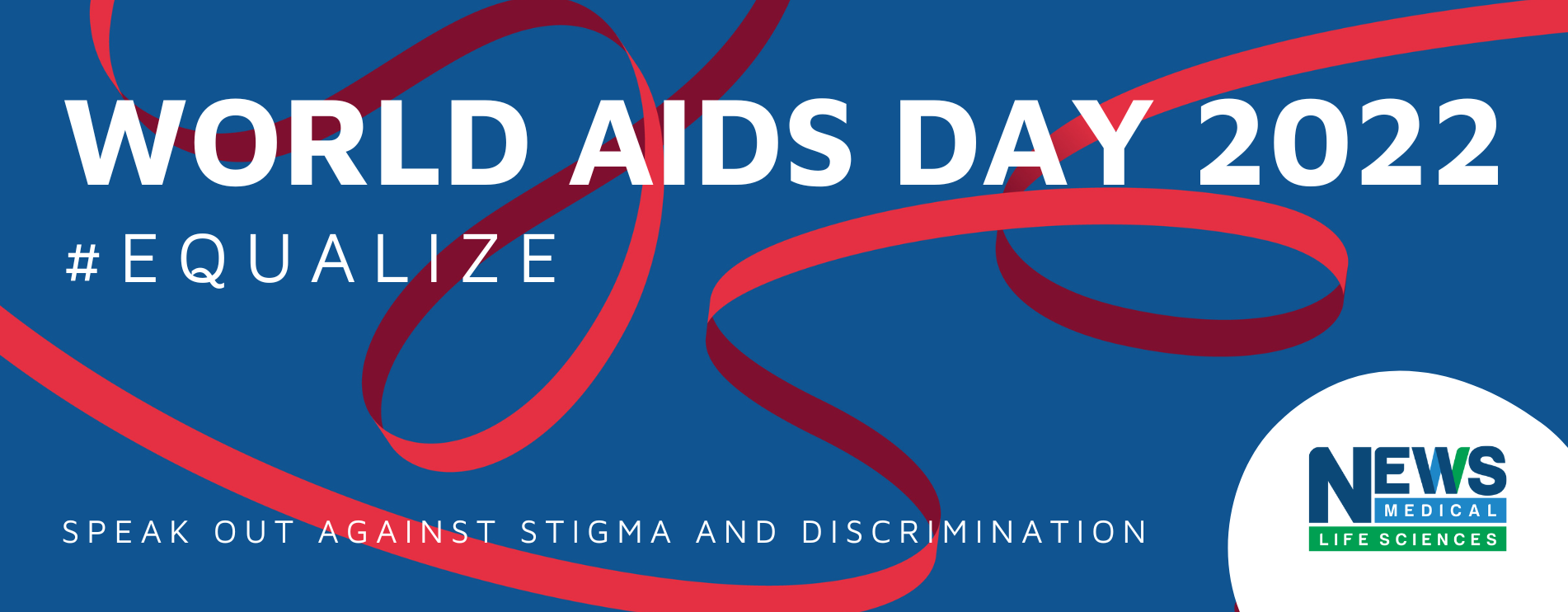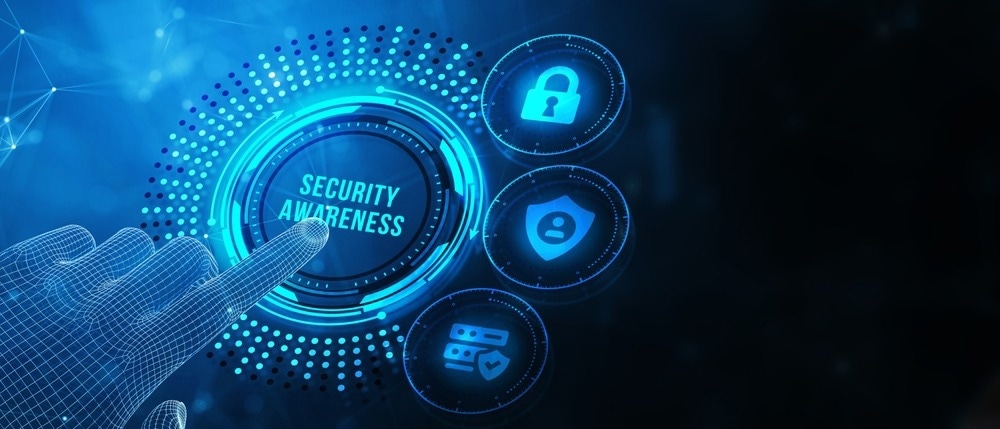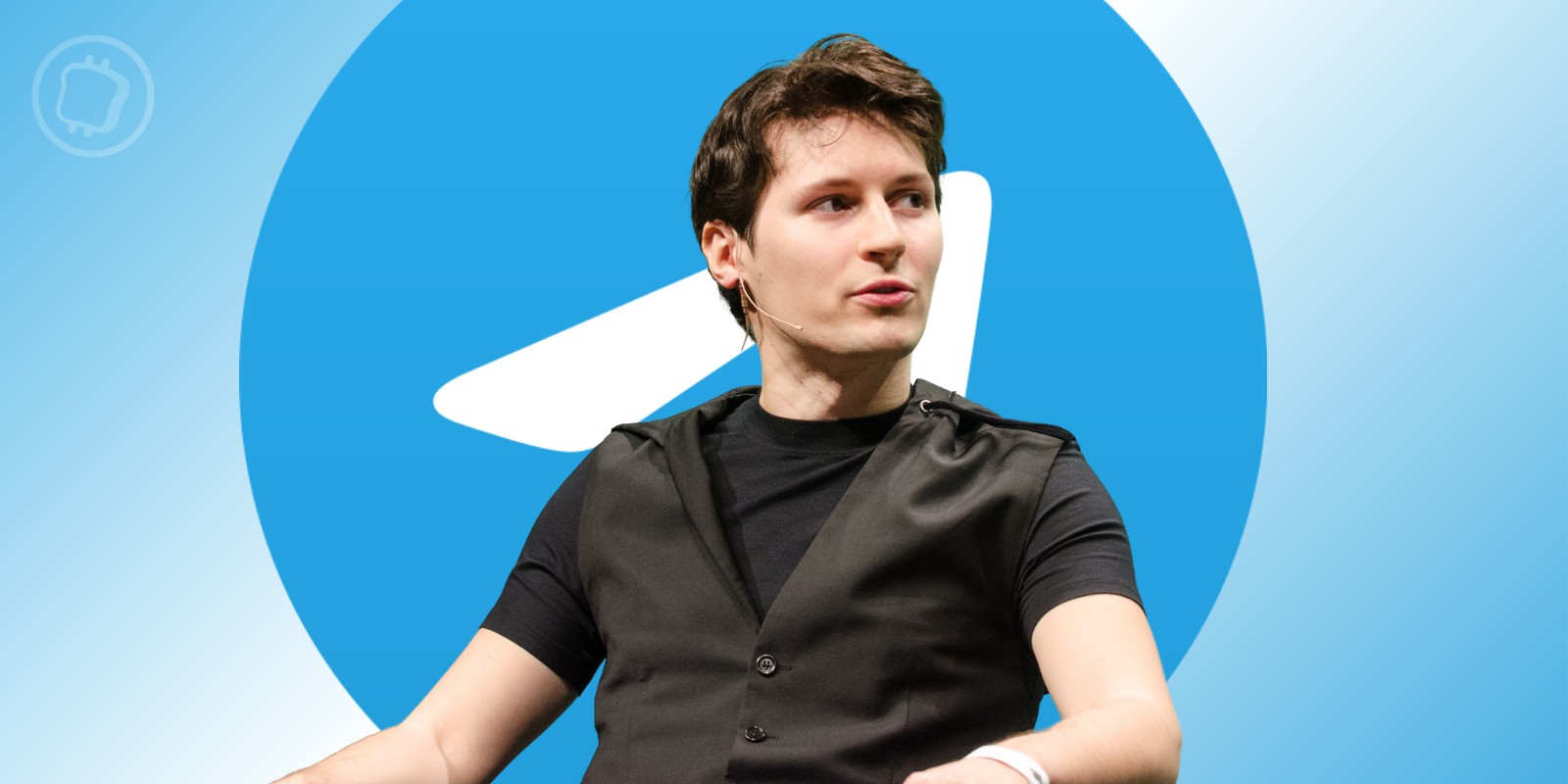To commemorate World AIDS Day, News Medical spoke to Anne Aslett, Chief Executive Officer of the Elton John AIDS Foundation, about the work of the foundation and the actions required to address inequalities and help end AIDS.
Please can you introduce yourself and tell us about your professional background, as well as your role as Chief Executive Officer of the Elton John AIDS Foundation?
My name is Anne Aslett. I’m the Chief Executive Officer of the Elton John AIDS Foundation, a global grant-making AIDS charity that’s been around for 30 years. We work in four continents, supporting and protecting people living with or at risk of HIV and AIDS.
I’ve been working with the foundation for over 20 years, from a background that didn’t prepare me for it, in the sense that I was a researcher, journalist, and running a team of news researchers. But my connection to the cause was personal because one of my brothers became infected with HIV in the early 1990s, and I desperately wanted to do something about it.
The Elton John AIDS Foundation was established in 1992 and is one of the leading independent AIDS organizations in the world. Why was the organization established, and what is the organization’s mission?
The organization was established when the AIDS epidemic was terrifying, in that there was still a lot of misinformation about how it was spread. There were no effective treatments; there wasn’t even a reliable test.

Elton John heard the story of a young boy called Ryan White in Indiana, who’d been infected with HIV through a contaminated blood transfusion. He wanted to meet this boy, and he was particularly struck by the fact that, for all of the hatred and shame and blame that was heaped on Ryan and his family, they remained so kind and caring and giving and didn’t blame anybody for the situation that they’d been put in.
Ryan, who tragically died as a late teenager, his legacy went on to establish something called the Ryan White CARE Act in America, which is a huge fund for people living with HIV who don’t have recourse to any funds to support their treatment and care.
Elton John AIDS Foundation over the past 30 years
But it was a pivotal point for Elton personally because he realized that he needed to do a lot more in the fight against HIV and AIDS. He established the foundation around his kitchen table in Atlanta, where he has a home. In the early days, the foundation was largely about palliative care because there were no treatments. It was about helping people live with a little more dignity. Over the last 30 years, we’ve followed a trajectory as the epidemic has changed.
In the 30 years since the Elton John AIDS Foundation was established, what are some of the key moments in the organization’s journey? How has the landscape of HIV/AIDS changed in the last 30 years?
Initially, it was palliative care largely in North America and Western Europe. As we saw the epidemic tragically fan out across the world, and very notably in Sub-Saharan Africa, the foundation became very involved in what was called home-based care. It was palliative care in Sub-Saharan Africa and other parts of the world, particularly in looking after hundreds of thousands of children who’d been orphaned because their parents had died.
As treatment became available, we moved into supporting projects that would enable antiretroviral treatment to get out as far as possible from big hospitals to district clinics and little local clinics across the world, using all kinds of what’s called step-down methodology.
Since you have a shortage of nurses and doctors, you’re harnessing every workforce member, from volunteers to community health workers, to get that out. We did an awful lot of that, both in terms of putting people on treatment, but also it was then discovered that if you took this antiretroviral treatment while you were pregnant, you didn’t get sick, and your baby wasn’t born with HIV.
We then were very involved in preventing mother-to-child transmission and pediatrics providing new types of formulations for ARV formulations for children and babies to prevent them from getting sick. In the last ten years, we’ve seen a more and more sophisticated understanding of how you take those medications and how you test for HIV.
So, we now have self-testing, which is much like COVID testing and is even slightly easier. We have something called PrEP, which is taking antiretrovirals prophylactically before you’re exposed to the virus, which stops you from getting infected. We’ve moved a lot as well into digital health, particularly in response to the COVID-19 pandemic. We realized that when you shut down physical services, you have to find a way to reach people. We’re developing many platforms, particularly for young people, around digital health.
The tragedy is that we still have a great deal of stigma surrounding HIV and AIDS, and it very much digs in amongst vulnerable communities, who then don’t feel empowered to go and seek treatment.
The Elton John AIDS Foundation works in some of the most challenging countries and contexts. Could you tell us about some of the most challenging projects the foundation has undertaken and how certain challenges have been overcome?
The one that immediately springs to mind is in Eastern Europe and Central Asia. We have a big program there because it’s one of the regions where HIV has been growing. Russia has the fastest-growing HIV epidemic. But you can imagine in the current context, it’s extremely challenging, and people are not only living with the vulnerability of stigma around LGBT or people who use drugs and the risk of HIV, in some countries, they’re also dealing now with the impact of the unrest in Ukraine.
We are working with a range of community-based organizations and aid centers, particularly mobilizing community-based organizations, unlocking some of the basic humanitarian aid they need. Since we’ve spent a lot of time working with the people who are hardest to reach and with partners in the country, we have good roots in those populations.
AIDS is still the number one killer of young people in Sub-Saharan Africa, and our huge challenge is that they don’t know it because they think that HIV is something that was their parents’ and their grandparents’ problem. The way that we’re approaching that is by using digital solutions and working in the digital sphere. We’re using digital platforms to reach young people because it’s the technology they understand, engage in, and trust.
For example, there’s an organization called Triggerise, which works in multiple countries, but we’re supporting them in Kenya. They are using data-driven insights from young people who access the platform to drive them into health services, to encourage them to use them, and to be able to track when and what services they’ve accessed, which gives us a much greater insight into what’s working and what isn’t.
We’re working with an organization called Zipline in Western Kenya, where you can order sexual health commodities, like contraception or an HIV test, through your phone. It goes to a local medical store and then is delivered by drone to you wherever you are.
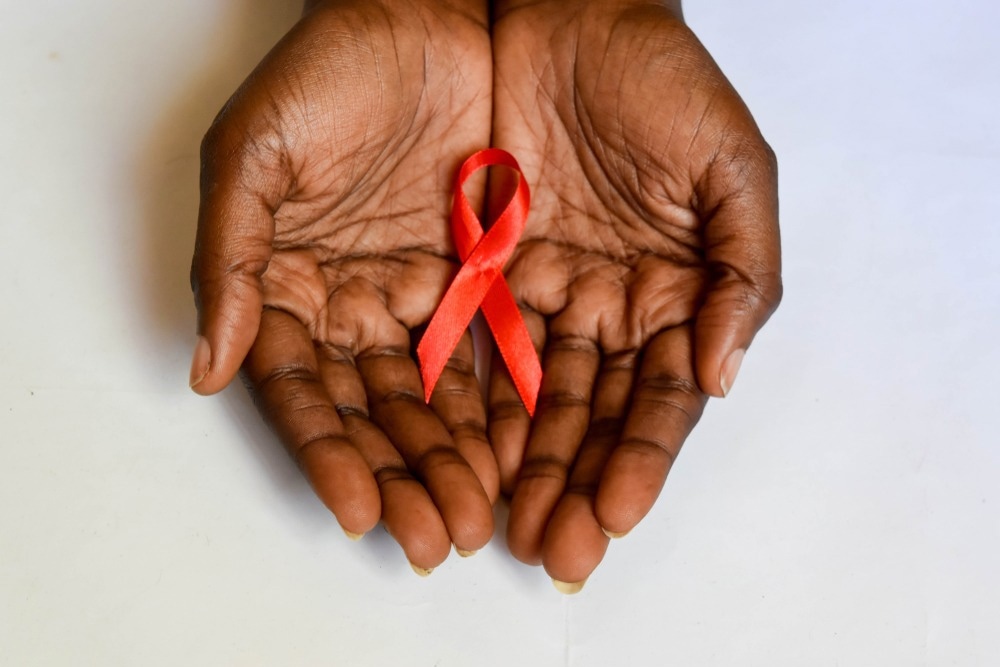
Image Credit: Red Confidential/Shutterstock.com
One of the challenges that we have working in very remote parts of the world is that no young person will be able to take half a day off to walk to the nearest clinic, even assuming they can get permission from their family. We don’t want to disrupt people’s lives, and we think health services should be flexible and available to people where they are. This is a great way of reaching young people in a super convenient and very affordable way.
One of the things I would say is also a challenge is the work we’re doing in the US because you have 1.1 million people estimated to be living with HIV, 400,000 of whom are not on treatment. You can imagine not only are those people at risk of getting sick and dying, but they’re also at risk of spreading the disease.
We’re working with Walmart stores that have massive coverage across the US. Interestingly, their footprint and demographic strongly correlate to the people we need to reach, who are those living with HIV or don’t understand their risk of HIV and need to be tested.
What challenges remain in the global fight again HIV/AIDS?
There are some 70 million people who have been infected with HIV, and almost half of them have died. We’ve got 38 million people around the world living with HIV. There are one and a half infections globally, and about 700,000 people die of AIDS every year. For all that, people think, “Oh, isn’t AIDS a disease of yesterday?” It is still an incredibly deadly global pandemic.
As I said, the risks now are in the vulnerabilities of certain groups. Seventy percent of those global HIV infections come from vulnerable communities or key populations. By that, we’re talking about the LGBTQ community, people who use drugs, people who sell sex, and young people. They all have in common that they have less agency to access the information and services they need because they are either marginalized or constrained in some way. This is particularly true in terms of young people, with young women whose sexual health is often controlled by others, not by them.
The critical thing is to reduce the judgment, criminalization, and marginalization of people at risk of HIV and not just at risk of HIV. The point is they’re at risk before they get HIV, and then they often get HIV and other infectious diseases. We need to recognize an inherent vulnerability in certain populations because of their exclusion.
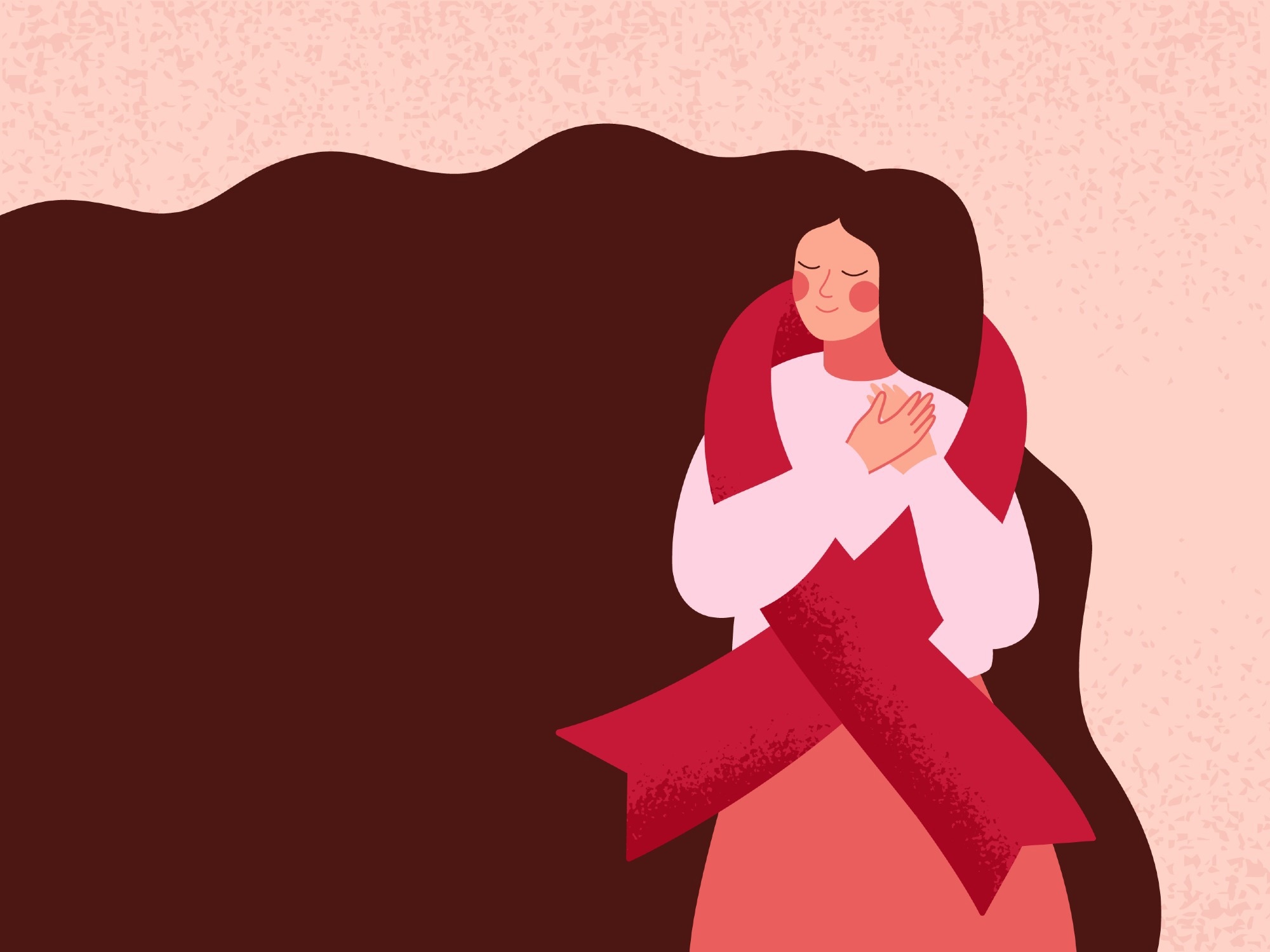
Image Credit: Mary Long/Shutterstock.com
I think a lot of what needs to be done is addressing some of the structural determinants of health. The fact that certain populations don’t have access to education, a doctor, good nutrition, or housing. We can’t do all of those at the foundation, but we do a lot of work in raising the fact that there is this link between vulnerability and why certain populations become much more affected.
Combatting stigma is a major priority for those working within the field of HIV/AIDS research and awareness. How important is it to recognize and support those groups that are disproportionately affected by HIV/AIDS? How is the Elton John AIDS Foundation working to combat stigma?
Since same-sex relationships are criminalized in certain countries, and because it’s so socially stigmatized, we don’t have an adequate sense of the scale of the population and the scale of need. We’re working on how to more accurately get a surveillance sense of how big this population is and what it needs. Once you have that sense, you’re in a better position to advocate for a more equitable funding distribution.
Currently, for every hundred dollars spent on global development, the LGBTQ community received less than half of 1%, yet, they make up 17% of the global HIV epidemic. There’s this deep disconnect between where we’re placing the resources in some instances and the scale of the problem.
In terms of homophobia and judgmental attitudes to people who use drugs, and sometimes to young people, particularly young women, firstly, we would take a stance that says support, don’t punish. In all of our programs, we would work first on making you safe, protecting your health, and preventing you from becoming infected with HIV.
The theme of this year’s World AIDS Day is “Equalize.” What does this theme mean to you personally? What needs to be done to address inequalities and help end HIV/AIDS?
To me, equalize means equal access and opportunity to the information and health that will keep you and your family safe.
Health information isn’t necessarily written in a context that reflects their lives and tells them to take measures to protect themselves in ways they absolutely can’t. I’d like to see a bit of rethinking on that personally, so everyone can access the information and services they need.
What is next for the Elton John AIDS Foundation?
We have just launched a new campaign called The Rocket Fund, a $125 million multi-year campaign, which pulls together all of the work we’re doing with the LGBT community, people who use drugs, with young people, particularly our work in Eastern Europe and Central Asia, and some of the work we do in the States.
It is driving some of the themes that we’ve discussed. It’s about a better definition of the problem for these groups, a more fair and equitable resource globally for them, using smart tech and innovation to get access and services to them as efficiently and as appropriately as possible.
Where can readers find more information?
About Anne Aslett
Anne Aslett is the global Chief Executive Officer of the Elton John AIDS Foundation, which she has served for 20 years. Under Anne’s leadership, the charity has grown to be one of the largest private AIDS funders in the world and continues to ‘think outside the box’ on how people, science, technology and connection can change the world for the better.
which she has served for 20 years. Under Anne’s leadership, the charity has grown to be one of the largest private AIDS funders in the world and continues to ‘think outside the box’ on how people, science, technology and connection can change the world for the better.

